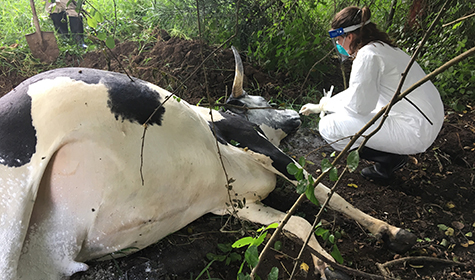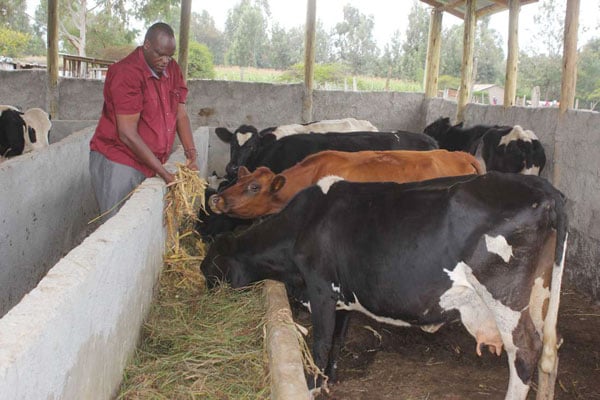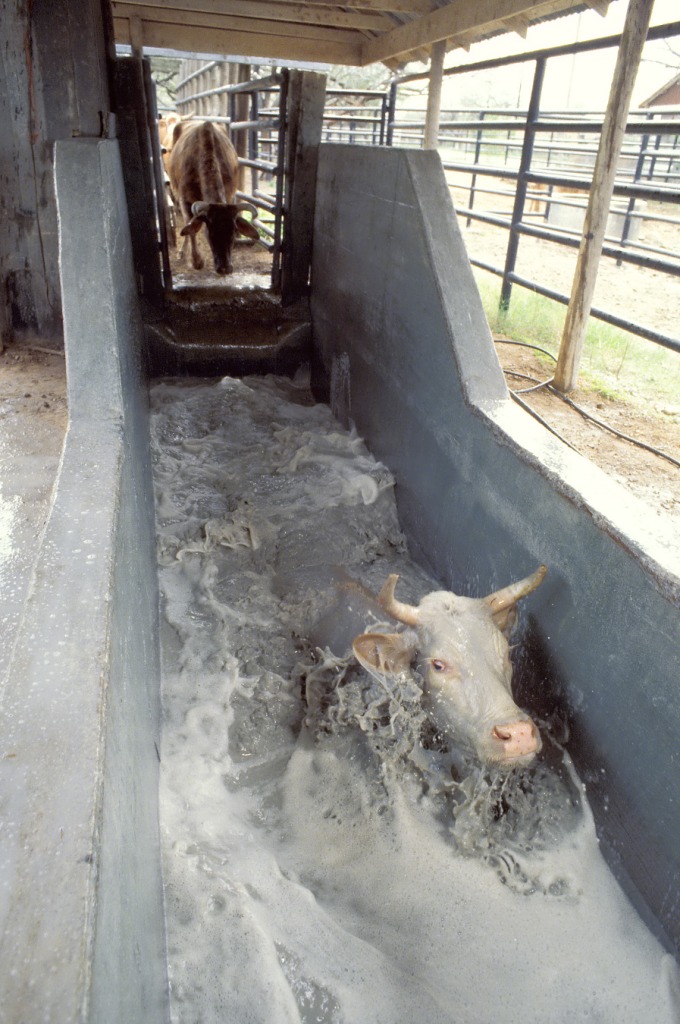Authorities in Ibanda district, Uganda, have implemented stringent measures, including a quarantine on cattle movement and the sale of animal products to contain the recent outbreak of anthrax. The Ibanda District Chief Administrative Officer, Ruhemba Kweronda, reported sporadic cases of anthrax in humans suspected of handling meat from infected animals, prompting urgent action.
Kweronda disclosed that the disease first emerged in November of the previous year, with cases identified in Rugaaga 1 and IV villages of Keihangara Sub County. Nine individuals, admitting to slaughtering a dead animal, tested positive for anthrax. More recently, one person in Mbonwa Parish, Rukiri Sub County, tested positive, and 12 individuals in Kakoma are exhibiting symptoms. Two animals in Kigarama ward, Ibanda Municipality, also succumbed suddenly, with samples sent to the laboratory for analysis.
To curb the spread, authorities in Ibanda have imposed a one-month ban on slaughter activities and livestock movement in Ibanda Municipality and Ibanda South Constituency. Additional measures include registering all meat handlers, ensuring cattle traders possess licenses from the Ministry of Animal Husbandry, and conducting ring vaccination of suspected animal species in specific areas.
Dr. Hillary Arinaitwe, the District Veterinary Officer, reported that they have requested vaccines from the Ministry of Agriculture to address the situation. This move follows a similar response in Kyotera district, where authorities enforced a livestock and product movement ban to combat an anthrax outbreak that claimed six lives and led to numerous hospitalizations.
Anthrax, caused by Bacillus anthracis, is a zoonotic disease with severe toxins dangerous to both animals and humans. Ruminants such as cows, goats, and sheep can succumb rapidly, while human symptoms include a flu-like illness and raised boil-like skin lesions.
Meanwhile, Kiruhura District officials have prolonged the closure of four animal markets—Nyakasahara, Kyiebuza, Kyeshama Livestock Markets, and Kitura Goat Market—to manage the spread of foot and mouth disease in the district. The directive, issued by Chief Administrative Officer Charles Kiberu Nsubuga, underscores the ongoing efforts to control animal-related diseases in the region.




















